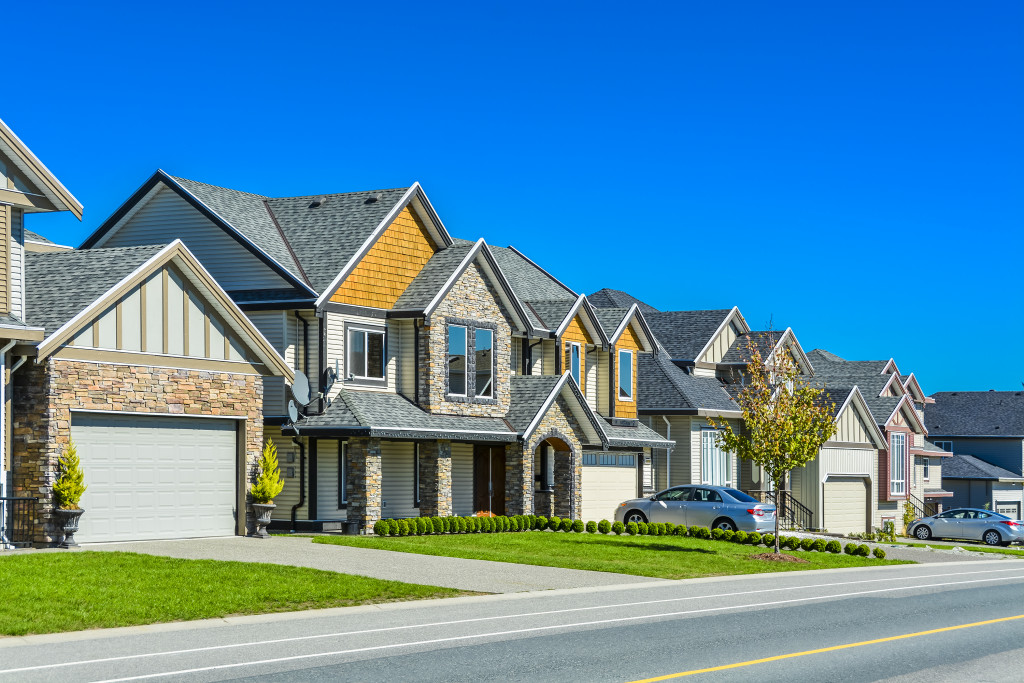Many people cannot help but fall in love with older houses. These houses often have that undeniable charm that draws many buyers into buying them. It could be due to the intricate craftsmanship poured into building these houses. It could be due to an old house’s history that makes people want to live in them. It could also be the lovely price tag that comes with the home.
According to research, up to 13.5.% of houses in the U.S. were built before the 1940s. This gives home buyers a satisfying supply of old homes for sale. But before you even make up your mind about buying an old house and fixing it to better accommodate your needs, there are many things you need to know first.
Always invest in a home inspection
You may personally know the seller and trust them about the condition of the house. They may be legally obliged to tell you what the necessary repairs and due maintenance tasks are. But that does not necessarily mean you should take their word for it.
Your best bet is to hire a reputable home inspector to do a thorough home inspection. This way, you will have a genuine idea of what projects you are likely to pay for. This will save you the future headache by getting an idea of what you are signing up for.
For example, an old house you are looking at has a decent-looking garage with all the original parts intact. You may be planning to install a new garage door to improve the property. But knowing if the garage has structural problems before you even buy the house will make it easier for you to prepare y0ourself for future expenses.
Expect to pay more than originally planned
A home purchase should not only be about the price tag. Many old houses are sold at an affordable rate because the owners failed to properly maintain the property. This could mean you need a bigger budget to fix and restore the house’s original beauty.
When it comes to fixing old houses, your best bet is to save enough money to cover the planned cost plus half of your budget more to cover the expenses. More often than not, fixing an old home can cost well over the expected expenses. There can be many problems hiding in the old house that can make you regret the purchase.
Note that older houses still have older systems like ancient roofing, plumbing, wiring, etc. This could mean you will need a plethora of contractors to update all these. Even if you don’t worry about the expenses, it is still wise to budget carefully and more than what contractors quoted you for.
Even if your real estate agent and the seller themselves say the house is still in good condition, it can be difficult to tell even after an inspection. It is only when you start living inside the house can you truly tell what needs to be fixed and improved. So, be ready to save for a 150% budget for every project you wish to engage in.
Advocate for your investment

There are times when factors will question your desired home improvement projects. Most buyers of old houses usually like to retain the character of the house. This is even if their property is not considered a historic building.
Now that you are a proud owner of your old home, consider becoming your property’s advocate. Invest in projects with your home’s best interests in mind. This could mean trying to retain as many original parts of your home as possible. There is no reason not to salvage old parts of your home since these are what give your home a unique character.
Think about what led you to buy your old home. This could be the beautiful handrail, those antique windows, or your fancy doorknobs. Find a contractor that will help you preserve your favorites or take the time to learn how DIY your projects instead.
Consider homeowners insurance
What many buyers fail to consider when making a home purchase are the homeowners’ insurance costs. Usually, the older the house, the more expensive home insurance gets. This is since older buildings have older systems that tend to be more expensive to replace and restore.
It helps to get home insurance quotes from different insurance companies before making the decision. This will give you a rough idea of how much insurance you will need to pay to cover your home. The last thing you want is to learn your insurance company won’t be covering all unforeseen hazards in your newly purchased old home.
There are many other factors worth considering when buying and fixing old houses. But among the critical ones are the ones listed above. Be sure to make the most of your homebuying experience.







